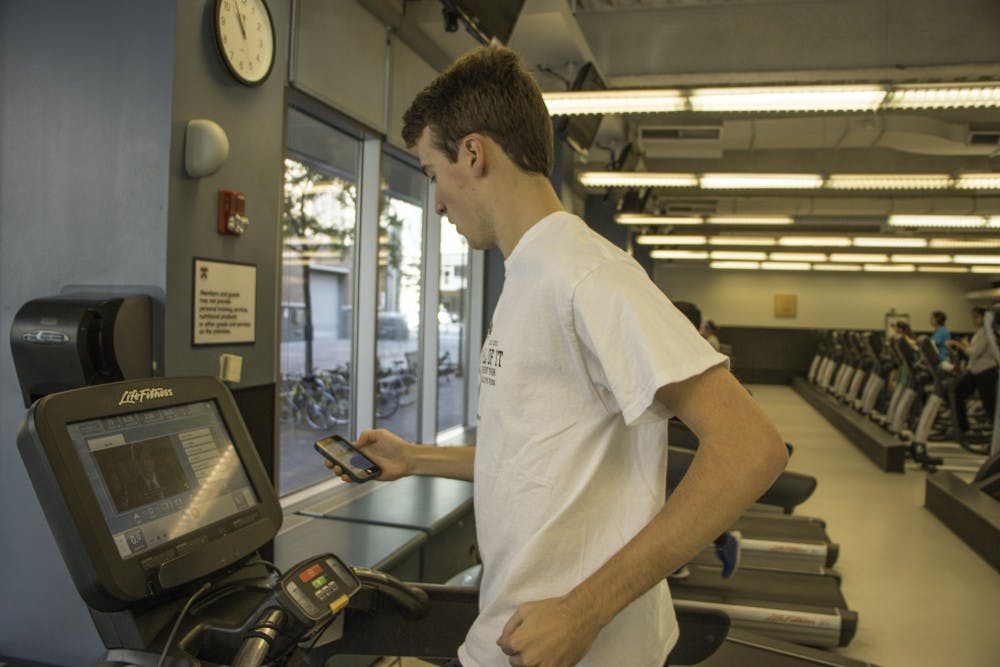
A recent Penn Medicine study found that social media posts revealed details about health behavior of participants, including new medical conditions and increased exercise activity.
Credit: Julio Sosa , Julio SosaYour Facebook profile might reveal more about you than your social life — according to a study done by the Perelman School of Medicine, it can also indicate a lot about your health.
The study is the first to examine the intersection of social media and health. Researchers built a database with participants’ social media data and medical data to observe any correlations between their online posts and their health. More than 1,000 participants agreed to share their data. They looked at about 1.4 million posts and tweets, which dated as far back as 2009 and were comprised of almost 12 million words in total.
“It was interesting just how much people talked about medical matters on Facebook and on Twitter. It wasn’t just about minor complaints of a headache, but we could link the language talking about their health back to actual entries in their medical record at Penn,” said Patrick Crutchley, a research programmer in both the Psychology Department and the Medical School.
The study found that posts revealed various details about participants, including adherence to prescribed medications, new medical conditions and health behaviors like exercise and diets. These results suggested that a language database could possibly link social media content to health outcomes.
“As our society becomes more connected via phones, online networks, et cetera, there are opportunities to harness these connections to better understand and improve health and the practice of medicine,” said lead researcher and Director of the Penn Social Media and Health Innovation Lab Raina Merchant. “My team is interested in making those linkages and studying ways to bring medicine into the digital age.”
Because this was the first study to delve into this type of connection, the researchers said they ran into obstacles.
“I think anytime you’re doing any kind of novel research, it’s a little bit more difficult because you can’t look at other examples,” researcher on the study Kevin Padrez said. “I think we had to forge our own path in many ways, which was exciting, but presented a lot of obstacles along the way.”
Crutchley said the Medical School will conduct further research to expand upon the study’s findings. The researchers hope to establish more connections between people’s online personas and their health and investigate ways to apply their findings.
“A long-term goal for the study is to explore how to best make digital footprint data more legible for patients so they can understand how the information they share on social media could be used to help them better understand their health and health behaviors,” Merchant said.
The Daily Pennsylvanian is an independent, student-run newspaper. Please consider making a donation to support the coverage that shapes the University. Your generosity ensures a future of strong journalism at Penn.
DonatePlease note All comments are eligible for publication in The Daily Pennsylvanian.







